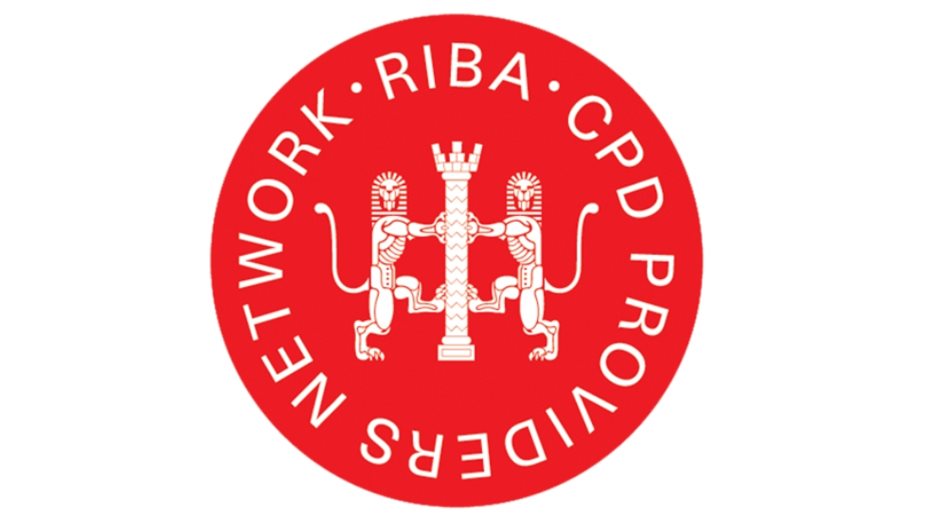What is CPD?
15th November 2022

What is CPD?
CPD stands for Continuing Professional Development. It refers to theprocess of tracking and documenting the skills, knowledge and experience that you gain both formally and informally as you work, beyond any initial training. It’s a record of what you experience, learn and then apply. The term is generally used to mean a physical folder or portfolio documenting your development as a professional. Some organisations use it to mean a training or development plan, which I would argue is not strictly accurate. This article is about Continuing Professional Development as a process of recording and reflecting on learning and development.
What is it for?
The CPD process helps you manage your own development on an ongoing basis. Its function is to help you record, review and reflect on what you learn. It’s not a tick-box document recording the training you have completed. It’s broader than that.
Training or development – what’s the difference?
These terms are often used interchangeably, though there is a distinction. As a rule of thumb, training is formal and linear. It’s to do with learning how to do something specific, relating to skill and competence. Training can be as simple as using a PC application and as complex as learning how to be a pilot. Development is often informal and has a wider application, giving you the tools to do a range of things and relating to capability and competency. It involves progression from basic know-how to more advanced, mature or complex understanding. Alternatively, it can be about widening your range of transferable skills like leadership, managing projects or organising information.
The key features of the CPD process
To justify the name, CPD needs to:
- be a documented process
- be self-directed: driven by you, not your employer
- focus on learning from experience, reflective learning and review
- help you set development goals and objectives
- include both formal and informal learning.
What will it do for you?
CPD may be a requirement of membership of a professional body. It can help you to reflect, review and document your learning and to develop and update your professional knowledge and skills. It is also very useful to:
- provide an overview of your professional development to date
- remind you of your achievements and how far you’ve progressed
- direct your career and help you keep your eye on your goals
- uncover gaps in your skills and capabilities
- open up further development needs
- provide examples and scenarios for a CV or interview
- demonstrate your professional standing to clients and employers
- help you with your career development or a possible career change.